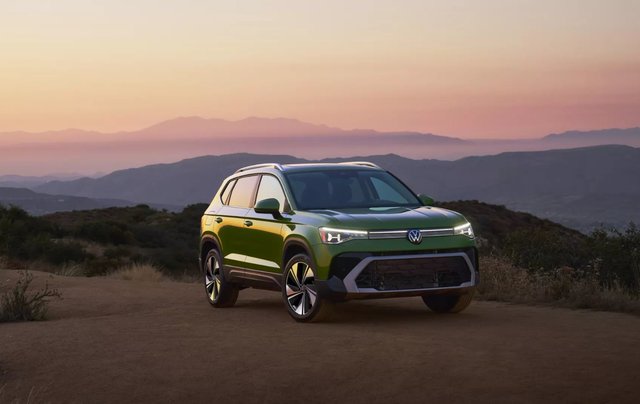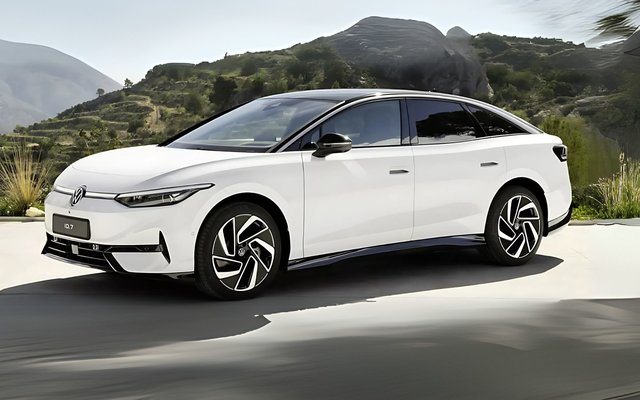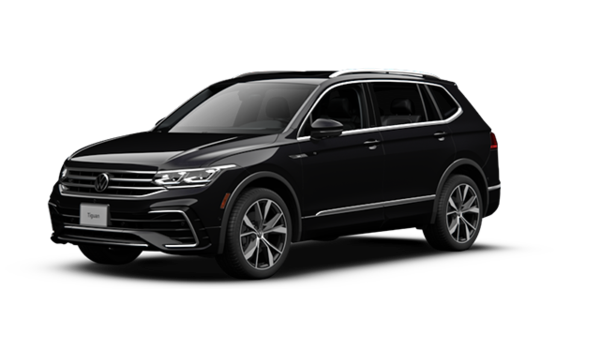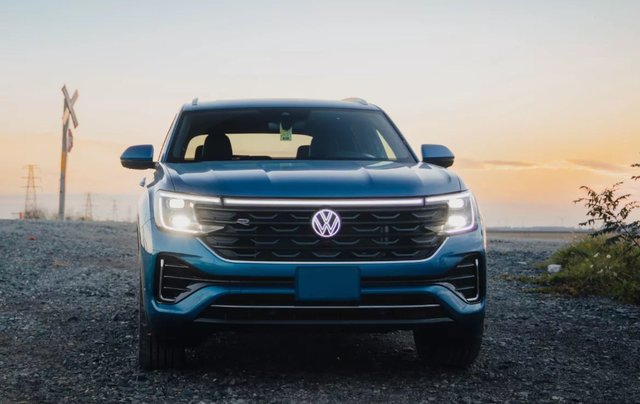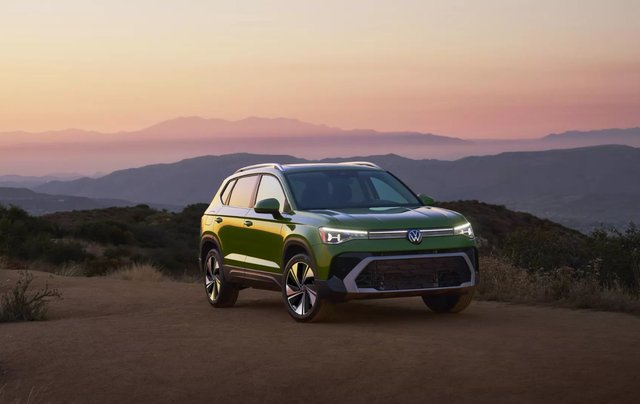Volkswagen has officially scrapped plans to introduce the ID.7 electric sedan in Canada and the U.S., marking a shift in its North American EV strategy. The decision comes as the company recalibrates its approach to electric vehicles, prioritizing SUVs and larger models that align with regional consumer demand.
Originally comes as a direct competitor to the Tesla Model 3, the ID.7 was designed to offer long-range capabilities, a premium interior, and cutting-edge technology. However, despite its promising features, Volkswagen determined that bringing the sedan to North America no longer made strategic sense.
So, what led to this unexpected cancellation, and what's next for Volkswagen's EV lineup? Let's examine the facts.
Why Volkswagen Pulled the Plug on the ID.7 in North America
The ID.7 was poised to be Volkswagen's flagship electric sedan, featuring a spacious interior, advanced technology, and an impressive driving range. However, multiple factors contributed to the company's decision to withdraw from the North American market.
1. North America’s Declining Sedan Market
Consumer preferences have shifted drastically in recent years, with SUVs and crossovers dominating the market. The demand for sedans has significantly declined, making it difficult for new entrants like the ID.7 to gain traction. Volkswagen recognized that investing in an electric sedan for a region that overwhelmingly favours larger vehicles was not financially viable.
2. High Import Costs and Manufacturing Challenges

The ID.7 is produced in Germany, meaning it would need to be imported into North America, raising production and logistics costs. Unlike Volkswagen’s ID.4, which is assembled in Chattanooga, Tennessee, the ID.7 lacked local manufacturing, making it harder to compete on price.
Additionally, the U.S. Inflation Reduction Act (IRA) provides EV tax incentives only for vehicles assembled in North America. Since the ID.7 wouldn’t qualify for these benefits, it would face a significant pricing disadvantage compared to competitors.
3. Volkswagen’s Shift to SUVs and Larger EVs
Volkswagen has been restructuring its EV strategy, prioritizing SUVs, crossovers, and larger models over sedans. The company is doubling down on models like the ID.4, which has been its best-selling EV in North America, and the upcoming ID—Buzz electric microbus, which has generated significant excitement.
This strategic shift aligns with market trends and consumer preferences, ensuring that Volkswagen remains competitive in the rapidly evolving EV landscape.
What This Means for Volkswagen’s EV Future

While the ID.7 won't be available in North America, Volkswagen's commitment to electric mobility remains strong. Instead of focusing on sedans, the company is channelling resources into expanding its SUV lineup and developing new EV technologies.
Some key areas of focus include:
- ID.4 Expansion: As Volkswagen’s most successful EV in North America, the ID.4 will continue to receive updates and improvements to keep it competitive.
- ID. Buzz Launch: The highly anticipated electric reimagining of the classic VW Microbus will soon debut in North America.
- Potential Electric Pickup Truck: Volkswagen has hinted at developing larger electric vehicles, including the possibility of a future electric pickup to compete with Ford’s F-150 Lightning and Tesla’s Cybertruck.
By shifting its focus to SUVs and larger EVs, Volkswagen aims to meet consumer demand and stay competitive in a fast-changing market.
Stay Updated on Volkswagen’s Latest EVs

For those eager to explore Volkswagen’s current and upcoming EV lineup, now is the perfect time to visit Myers Kanata Volkswagen in Kanata, ON. Whether you're interested in the ID.4, the ID. Buzz, or future Volkswagen electric models, our team is here to help you find the perfect fit. Visit us today to stay informed about Volkswagen’s latest EV innovations and take the next step toward an electrified future!
